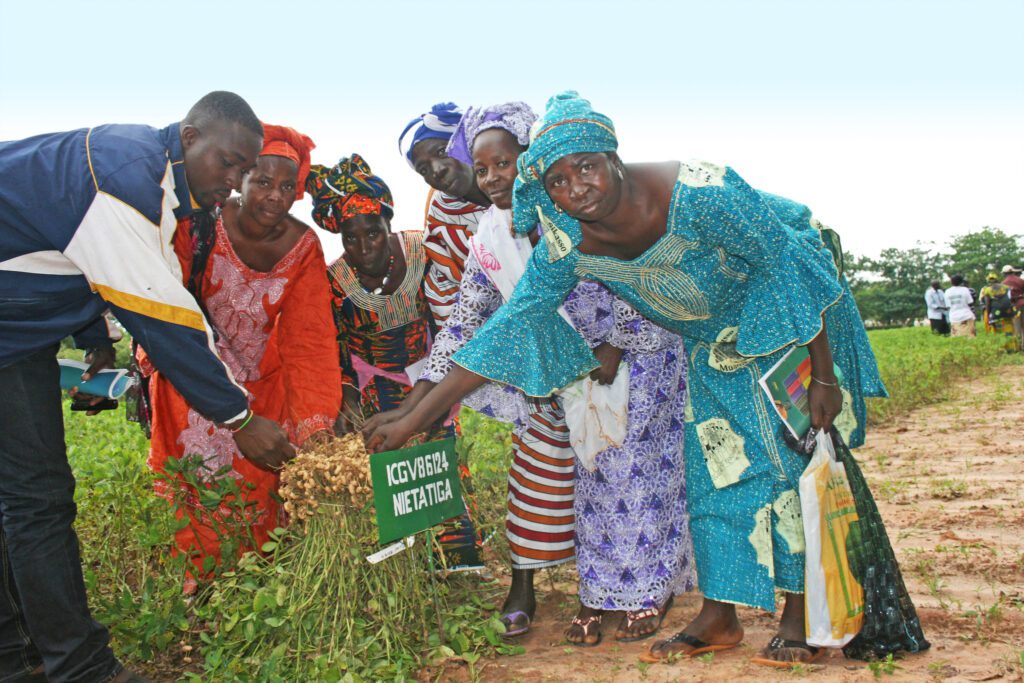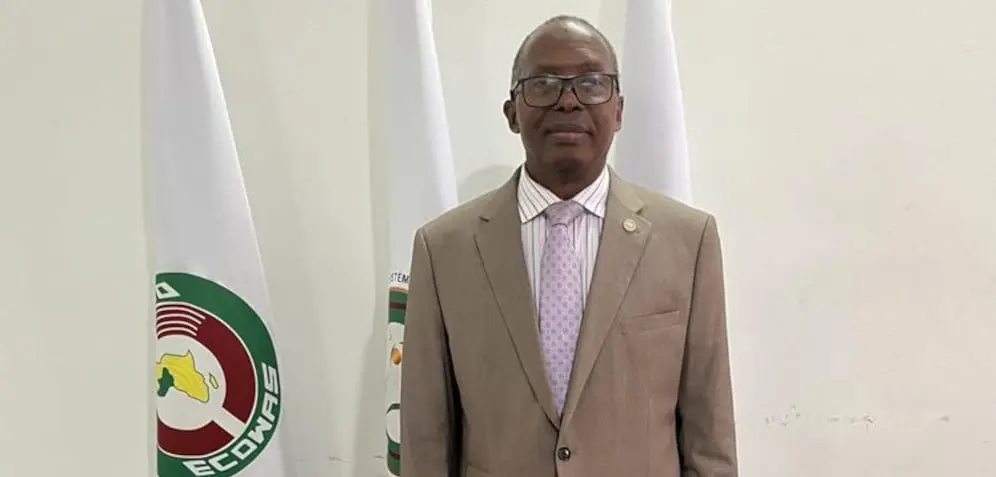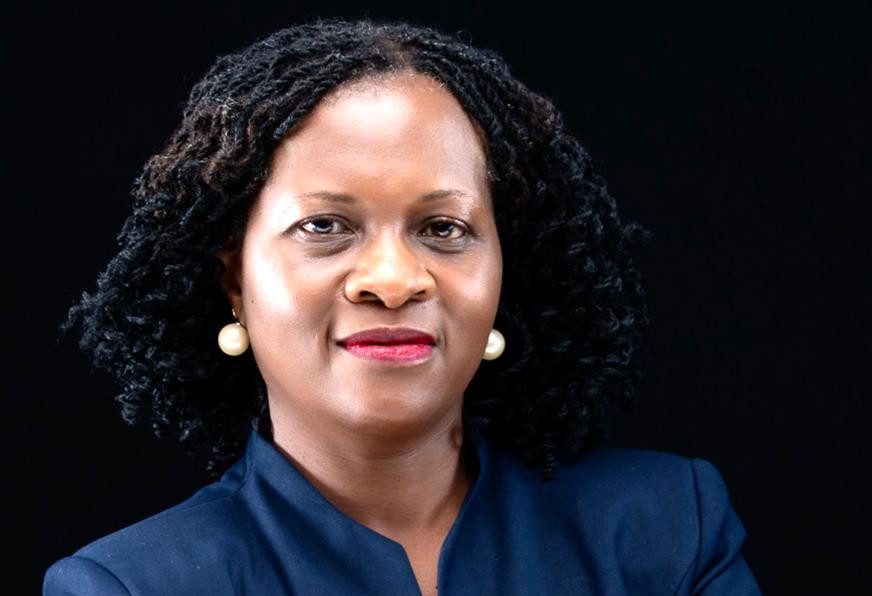SGCI News
The Science Funding Agencies Initiative (SFAI) uses the “triple helix” approach to enable African researchers to collaborate with national government departments, the private sector and other researchers to advance science…
- Partnerships between IOSRS and the private and public sectors help fund research in Malawi
- This model, known as the ‘triple helix’, is used to resolve the difficulties faced by companies
- More funding needed to develop Africa-focused artificial intelligence
The Science Funding Agencies Initiative (SFAI) uses the “triple helix” approach to enable African researchers to collaborate with national government departments, the private sector and other researchers to advance science and address research funding challenges.
Gift Kadzamira, Director General of the National Commission for Science and Technology in Malawi, an IOSRS member organization, points out that this type of collaboration enables researchers in Africa to meet the continent’s specific challenges.
“The triple helix system corresponds to the interactions between academia, the private sector and public services,” she explained. “This model, adopted by several countries, aims to promote research and foster innovation.”
She added that this approach ensures that universities can “solve the research-related problems faced by the private sector”, in partnership with other players.
IOSRS is a multilateral initiative created in 2015 to strengthen the institutional competencies of 16 scientific research granting agencies in sub-Saharan Africa in order to provide financial support for research and strategies based on reliable data that contribute to countries’ economic and social development.
“The great thing about IOSRS is that it allows us to collaborate on research projects, share resources and build skills,” she added. “We don’t work in isolation: we work together to meet the challenges facing our continent.

Innovative solutions
These partnerships focus on innovation and practical applications,” says Gift Kadzamira.
“We make sure that the private sector is an integral part of the research process, so that universities can participate in solving concrete problems,” she explained.
“Science, technology and innovation are global issues. For this reason, partnerships with institutions like SGCI are essential.”
She now wants additional resources to be made available for artificial intelligence (AI) research tailored to the needs of the African continent.
“We can’t afford to fall behind,” she added.
The Malawi Commission for Science and Technology has joined forces with IOSRS to provide financial support for research and strategies based on reliable data that contribute to economic and social development.
Gift Kadzamira emphasized the need for research to be gender-inclusive. She spoke of IOSRS’s efforts to promote gender equality and develop research on gender issues.
“We need to ensure that our research is inclusive, that it takes into account the needs and viewpoints of everyone, including women and marginalized communities,” she added.
“IOSRS thus wishes to promote debates on gender equality and inclusion. It also intends to support research on gender-related issues, for example on the status of female researchers and the obstacles they face.”
Research funding
In Malawi, for example, IOSRS has supported research into the effectiveness of ethanol as an alternative fuel for vehicles. This resulted in the Malawian government adopting a number of recommendations made by the researchers, according to Gift Kadzamira.
In addition to funding research, IOSRS also offers skills development programs, such as training courses, peer learning modules and technical support.
“We have been able to forge interdisciplinary scientific partnerships, for example in the fields of climate change and health.”
“We are thus in a position to acquire intellectual capital that we might otherwise lack. If we had carried out our research on our own, we wouldn’t have been able to obtain results of the desired quality.” Gift Kadzamira noted that IOSRS research funding has had a significant impact: greater visibility for researchers, not only in Malawi, but worldwide. “Collaborative research has enabled Western countries to recognize the existence of quality researchers in Africa, who can deliver quality work,” she added.
Article by Michael Kaloki
Related News
An interview with Dr Samba Sesay on how NSTIC -SL is improving the quality of life through science and technology
This video previews the ongoing efforts of the National Science Technology and Innovation Council of Sierra Leone (NSTIC-SL), a young council established in 2020. Dr. Samba Sesay, Programme Implementation Manager, explains that NSTIC-SL’s core mission is to enhance the quality of life for Sierra Leonean…
One of SGCI’s first members, Malawi, is reaping the rewards
In this interview, Gift Kadzamira, Director-General of Malawi’s National Commission for Science and Technology (NCST), outlines the substantial benefits the country’s research ecosystem has gained through the Science Granting Councils Initiative (SGCI). As an early SGCI member since 2015, Malawi has experienced notable growth and…
Removing barriers women in science face is key
This video spotlights the ongoing efforts of the Fonds National de la Recherche et de l’Innovation pour le Développement (FONRID) in Burkina Faso, underscoring its commitment to strengthening research capacity and promoting gender inclusivity. In the interview, FONRID’s Project Leader, Djibril Yonli, discusses how the…




